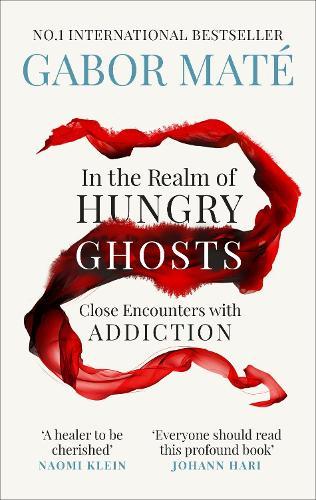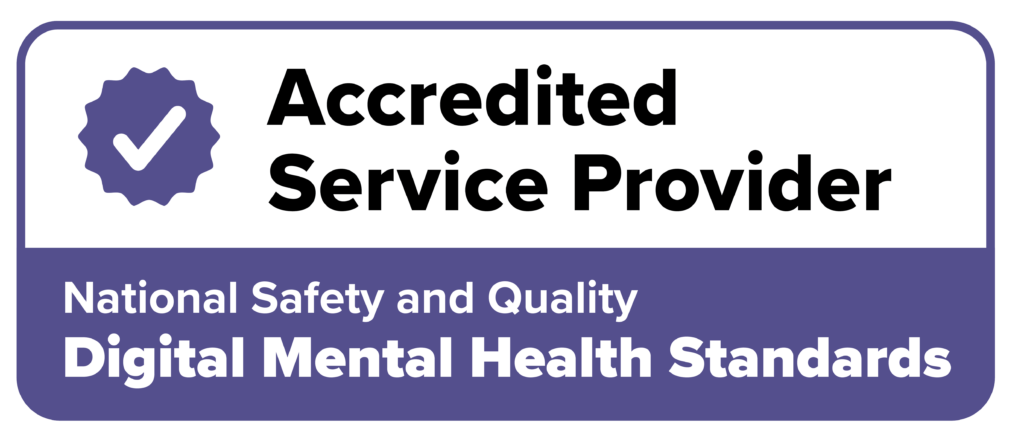Many of our readers will have heard of an ongoing study in the United States called the Adverse Childhood Experiences Study or the ACE Study. This study has helped identify how common trauma early in life is (Felitti, Anda et al, 1998; 2010), as well as how such trauma can affect us not only in childhood but also as an adult.
The ACE Study shows that adverse experiences in childhood can have an effect on our physical and emotional health and wellbeing. It also shows how the coping strategies we often adopt in childhood to deal with overwhelming experiences can become risk factors for ill health later in life. This can happen if the underlying trauma is not resolved or, in other words, if the person has not found a path to recovery.
It is important to know however that even severe childhood trauma can be resolved. This is called `earned security’. It is also important to know that hope and optimism about the possibility of recovery is not just `wishful thinking’. Rather it has been proven by clinical and neuroscientific research, as well as survivors’ stories of resilience and healing. The brain is neuroplastic; that means that it can change in both structure and function.
We also know that supportive relationships and healthy interactions play a big role in any process of recovery – these are relationships with friends, family, neighbours, colleagues as well as professionals. And that just as negative interactions can be detrimental, positive interactions can assist healing and repair.
`That even those whose sense of self has been most brutally shattered can learn to reunite the broken parts of themselves and thereby heal, is a lesson that gives hope and wisdom to us all’ (Steinberg, 2001).
In our last edition of Breaking Free our lead article asked the question: “Is there a link between childhood trauma and addiction?” It detailed how addictions of all sorts are types of coping strategies people adopt to help soothe their distress and angst. The struggle of addiction related to childhood trauma has been depicted on screen in the recently released biopic about Elton John. Elton, a well-known celebrity had experienced abuse at home and the divorce of his parents. In a quote from the film, Egerton who plays Elton John says, “I’m Elton Hercules John and I’m an alcoholic, cocaine addict, sex addict, bulimic, shopaholic…”, that is… a whole range of addiction.
The following article talks about the ACE study and the relationship between adverse childhood experiences and addictions, as well as chronic pain in relation to this film.

Dr. Gabor Maté, who is quoted in the above article is a physician who specialises in the area of trauma and addiction. He believes that all addictions are grounded in trauma and emotional loss. Maté has developed a theory of addiction related to childhood abuse and its effects on the ability to process chemicals in the brain. According to Maté people become addicted as a replacement for the brain chemicals their own bodies fail to process.
Gabor, in his book In The Realm Of Hungry Ghosts: Close Encounters With Addiction defines addiction as “any behaviour that a person craves, finds temporary relief or pleasure in but suffers negative consequences as a result of, and yet has difficulty giving up.” The story of Elton John shows his struggle with many addictions.
While the ACE study focusses on 10 different categories of childhood trauma, including abuse, neglect, family violence and growing up with a parent with a mental illness or their own addictions, it is now apparent that the situation is still more complex. This includes the compounding impacts of adverse community experiences such as poverty, discrimination, lack of opportunity, community disruption, violence (Ellis and Dietz, 2017). Adverse childhood experiences and adverse social and community environments can interact to exacerbate trauma and affect resilience.
In Gabor Maté’s article, he speaks personally about his own trauma, not one of which were ACEs but which impacted him all the same and were passed onto him across the generations.
Recent research “has not only chronicled the existence of intergenerational trauma but has demonstrated some of the epigenetic, molecular, and biochemical mechanisms responsible for such transmission” (Levine, 2015: 161)
Trauma can be transferred from the generation who directly experienced or witnessed the trauma to the next. This is intergenerational trauma. Trauma can also be transferred not only to the next generation but to subsequent generations (Atkinson et al. 2010) and is known as transgenerational trauma (Atkinson, 2002).
For example, for Aboriginal and Torres Strait Islander people, transgenerational trauma extends well beyond the person and their family and includes the historical and ongoing effects of colonialism, dispossession, racism and the Stolen Generation.
As Gabor Maté highlights, whole groups of people (e.g. holocaust survivors, refugees and asylum seekers) also experience collective and transgenerational trauma. Collective trauma is trauma which happens to large groups and which can cross generations and communities.
Regardless of the origin of the trauma it is possible to find a path to healing and building resilience is paramount. This involves finding a sense of safety – both for each individual and for parents and their children, communities and groups. This can be fostered through safe healthy relationships and making sense of one’s experience over time so each person, and each family and community, can build a story which captures their experience and their path to recovery.
Judy Atkinson captures this well speaking in the context of Aboriginal and Torres Strait Islander communities: ‘‘the creation of safe places for sharing where the unspeakable can be given voice, where feelings can be felt, and where sense can be made out of what seemed previously senseless’’ (Atkinson J, 2002). As relationships grow a sense of connection and belonging can follow, and so too a sense of agency and empowerment – for each person and their communities. And always holding onto the hope that it can and will be better for you, and for those you care about… and when you can’t hold the hope to reach out and connect with someone who can support you along the way.
To find support and possible referrals call the Blue Knot Helpline on 1300 657 380 between 9am and 5pm AEST seven days or email [email protected]






